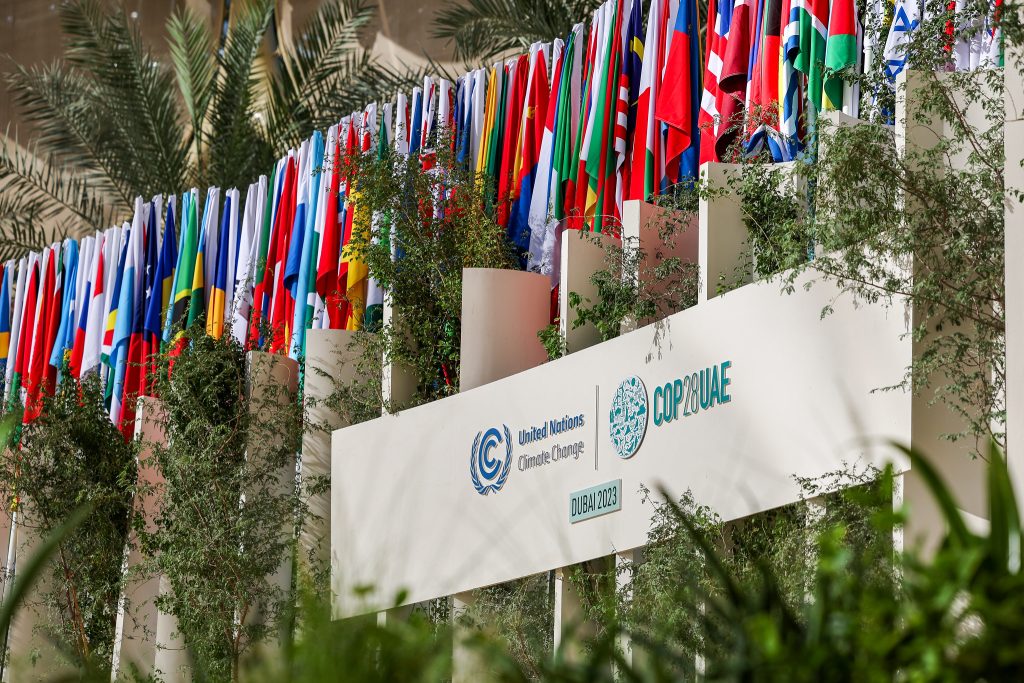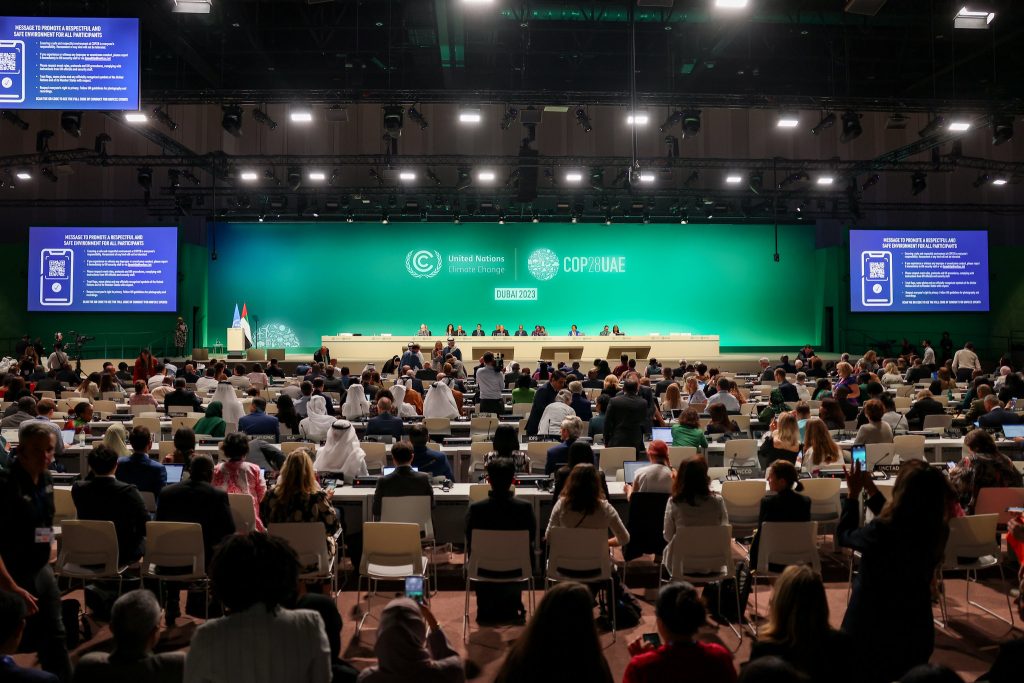The 28th Climate Conference of the Parties (COP28) of the United Nations Framework Convention on Climate Change (UNFCCC) has concluded in Dubai, United Arab Emirates. We will now discuss our opinion on whether the results of the climate conference can truly be considered a historic success.
Recently, the 28th climate conference took place in Dubai, United Arab Emirates. The conference attracted an unprecedented number of participants, with over 80,000 people traveling to the venue. The meeting ultimately concluded, according to some, as a “success,” at least within the internal logic of such events. However, this success is much less perceptible and understandable to the outside world. Having participated in four consecutive climate summits between 2015 and 2018, I gained some insight into how these events unfold. Let me shed light on what, in my opinion, causes this duality:
First, let’s look at the facts: Climate summits are attended by member states of the United Nations Framework Convention on Climate Change, hence the event is abbreviated as COP, which stands for the Conference of the Parties. The first one was held in Berlin in 1995, and this is the 28th. Normally, they are held annually, but, for example, the meeting in 2020 was postponed due to the COVID-19 pandemic.
Practically, every country on Earth participates in the negotiations, which have become extremely diverse over the years. Discussions on various major issues take place simultaneously. These include the so-called mitigation negotiations aimed at reducing greenhouse gas emissions, negotiations on adapting to the inevitable effects of climate change, and discussions on financing the above activities. It would be extremely difficult for a single person to follow and, especially, understand all of these, so large delegations generally travel to the venue.

Why is this the case? Primarily because over the past nearly 30 years, countless decisions have been made at these meetings. Officially, decisions must be made unanimously by countries, meaning theoretically even the smallest country in the world could block them. The United Nations operates in a way that any decision that passes through this quite strong filter carries extremely strong legitimacy and practically serves as an indelible reference point. One of the best examples of this is the distinction between developed and developing countries. This is a classification from the early 1990s that is extremely rigid and practically unchanged since then, despite significant changes in the world. However, it is not only difficult to remove oneself from the climate policy language but also challenging to enter it. As unbelievable as it may sound, the primary cause of climate change, “fossil fuel use,” was not included in any decision adopted by countries until very recently. Why was this the case? In essence, it took a long time for discussions on questions like “What needs to be done?” Starting from whether the problem even exists, what causes it, and what goals should be pursued, all the way to where the money for the agreed-upon goals would come from.
However, since the signing of the Paris Agreement, most of the “What needs to be done?” questions have been largely settled, at least on the most crucial issues. For example, the Agreement clearly states that the increase in the Earth’s average temperature must be kept well below 2 degrees Celsius, striving not to exceed 1.5 degrees. Parenthetically, the increase has already exceeded 1.1 degrees.
Therefore, the forefront now focuses on the “How?” questions, and international attention is increasingly directed towards this. Consequently, it inevitably comes to the forefront openly that fossil fuel consumption simply needs to be stopped, if we take the goals even minimally seriously.

And here is where the result can be assessed by both “internal” and “external” observers. If we look at the internal logic of the negotiations, it is indeed a success in itself that the parties have urged themselves
“Transitioning away from fossil fuels in energy systems, in a just, orderly and equitable manner”
While for an external observer who minimally understands the phenomenon of climate change and its causes, this is self-evident, known for well over 30 years, and it would be challenging to be convinced that this is a significant achievement.
It is crucial to note that fossil fuel consumption still accounts for over 80% of the world’s total energy consumption, meaning it continues to power the global economy. Moreover, for many countries, coal, natural gas, and oil consumption represent the opportunity and engine of development, and they do not yet see realistic alternatives. From this perspective, it is not so trivial that the declaration to get rid of them has been made. However, once again, I feel that the fate of the world is not determined or decided here.
The big question and the real test always lie in what happens in reality. Are we building new coal and gas power plants, or are we finally attempting to eliminate all waste from the energy system and meet the remaining, much smaller energy demand in a more sustainable way? Because it’s not always easy to reach agreement in fine words, but making them effective in reality is what truly matters.
Image source: UNFCCC Flickr




